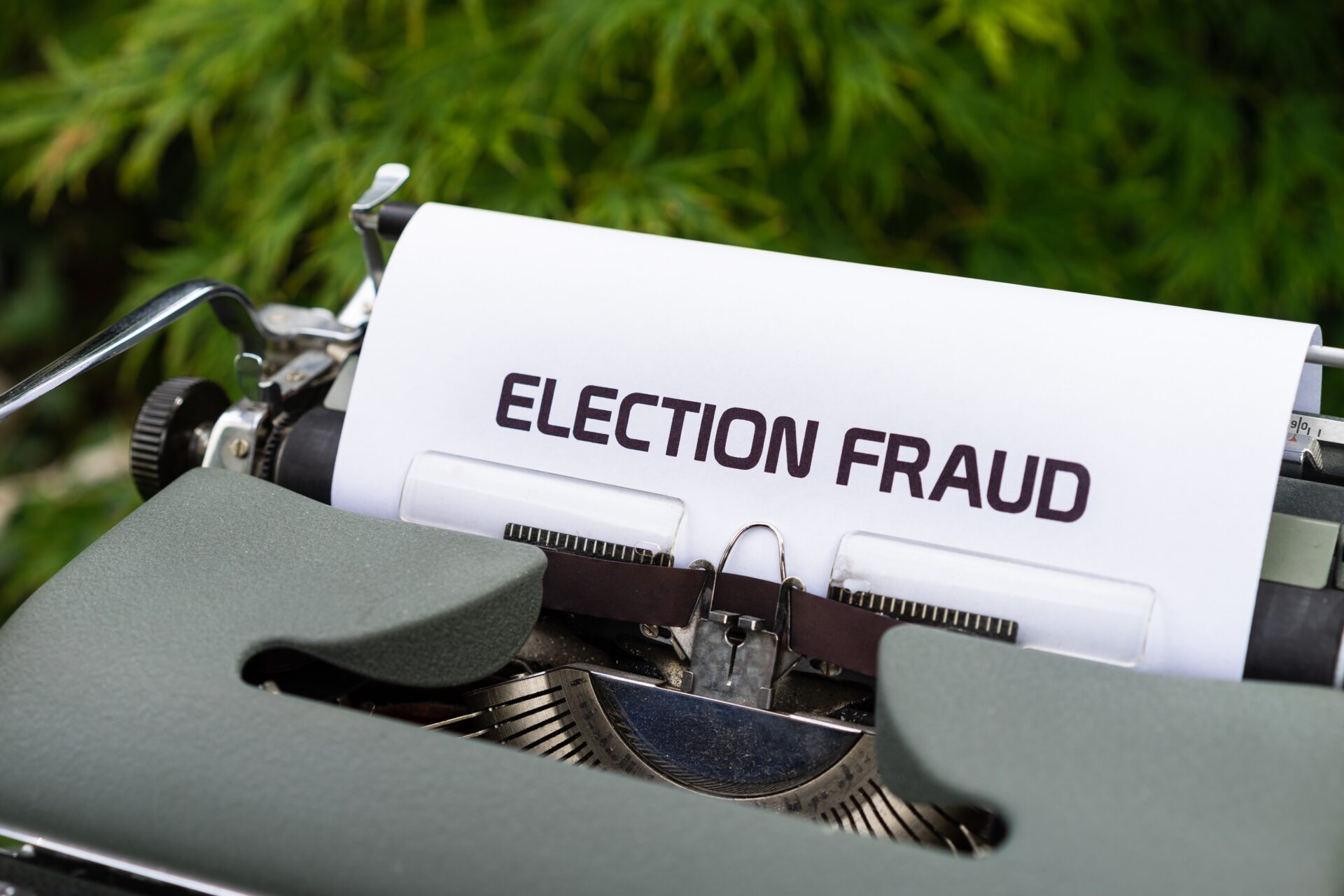Maybe it’s a rogue group of election enthusiasts hoping to “enforce” the Rule of Law at the ballot box or the gradual erosion of local and state laws meant to uphold the electoral process. The gamut on electoral manipulation runs far and wide.
Your voting audience needs to be aware of the political games that some public officials, campaigns and bad actors engage in to influence elections. These could play out through litigation, a candidate refusing to concede or attempts to sow distrust in the electoral process through cybersecurity attacks and misinformation on alternative mediums, such as WhatsApp.
These resources will give your newsroom frameworks to tackle this challenging set of circumstances that undermines democracy.
Guides & Best Practices
Global Investigative Journalism Network
“Elections Guide for Investigative Reporters: Chapter 2 — Preparing for Elections”
This Global Investigative Journalism Network (GIJN) guide reviews rules and technical trends on voting procedures and how to identify foreign interference. It suggests reporters watch out for anti-democratic tactics, including political campaigns attacking journalists for well-sourced reporting, and then amplifying those claims to their supporters. It advises journalists to be mindful of reporting on small, vote count errors—they’re normal—and warns that bad actors will try to exaggerate them as proof of a rigged election. GIJN also recommends looking at foreign interference trackers and denial of service (DOS) attacks on election websites. The latter could be used to disrupt voter registration efforts ahead of key election deadlines.
Reporters Committee for Freedom of the Press
“Election Legal Guide”
This comprehensive guide breaks down everything from journalists’ access rights at polling places to ballot counting and voter rolls, as well as how these policies differ in projected battleground states. Reporters Committee for Freedom of the Press also notes that while there are many states that have laws that prevent voter intimidation at polling places, courts have struck down legislation that would outlaw exit polling.
Reporters Without Borders
“Handbook for Journalists During Elections (2015 Edition)”
This Reporters Without Borders guide addresses rules for journalists, specifics of the electoral process and election campaign coverage. Among its many suggestions for reporters is investigating the mechanisms in place to prevent electoral manipulation. Journalists need to be especially wary of being manipulated by sources when covering elections. For example, a source with one political party may claim that the opposing party is committing fraud, such a claim must be approached with caution until it can be independently verified. The guide also suggests reporters check the financing behind opinion polls, which may be manipulated to shape public opinion.
Assistance
The Electoral Integrity Project, a policy group dedicated to election integrity and democracy worldwide, offers both training and consulting work on everything from conducting surveys to research methods and electoral management.
Reporters Committee for Freedom of the Press also has a legal hotline to assist journalists with a host of issues as they arise.
Additional Resources
Pew Research Center
“Social Media Seen as Mostly Good for Democracy Across Many Nations, but U.S. Is a Major Outlier” by Richard Wike, Laura Silver, Janell Fetterolf, Christine Huang, Sarah Austin, Laura Clancy and Sneha Gubbala
Report
APM Reports
“They didn’t vote … now they can’t” by Angela Caputo, Geoff Hing and Johnny Kauffman
Article
Brennan Center for Justice
“Securing the 2024 election” by Derek Tisler and Lawrence Norden
Report
WhoWhatWhy
“Election experts sound the alarm ahead of 2024” by Klaus Marre
Article
Yale Law School
The AP Election Transparency Project
Report
Nieman Journalism Lab
“The media and the ballot box: Confronting 21st century voter suppression” by Celeste Katz Marston
Article




